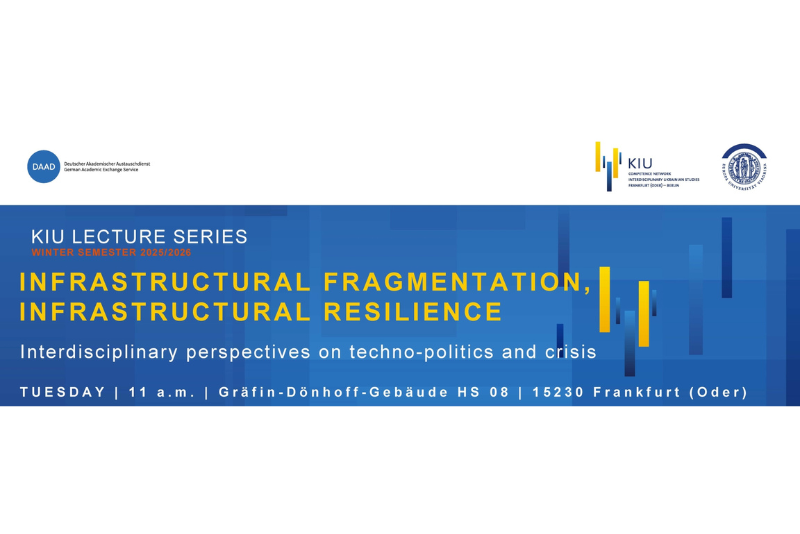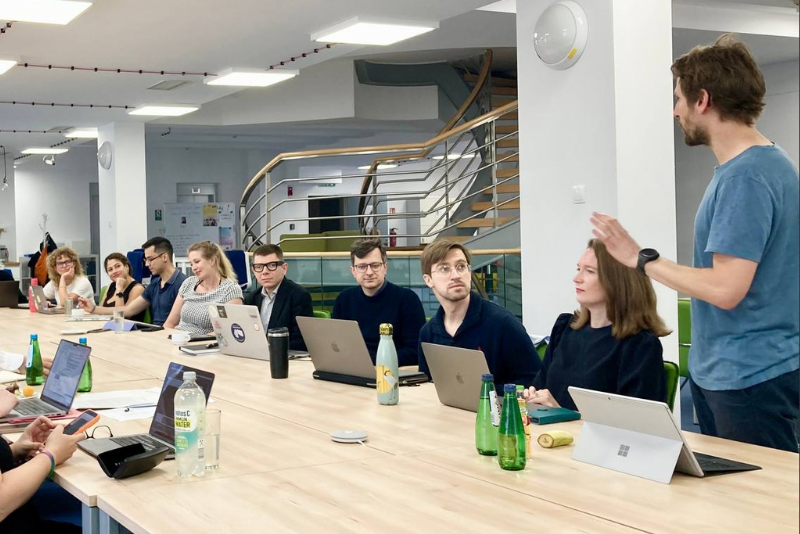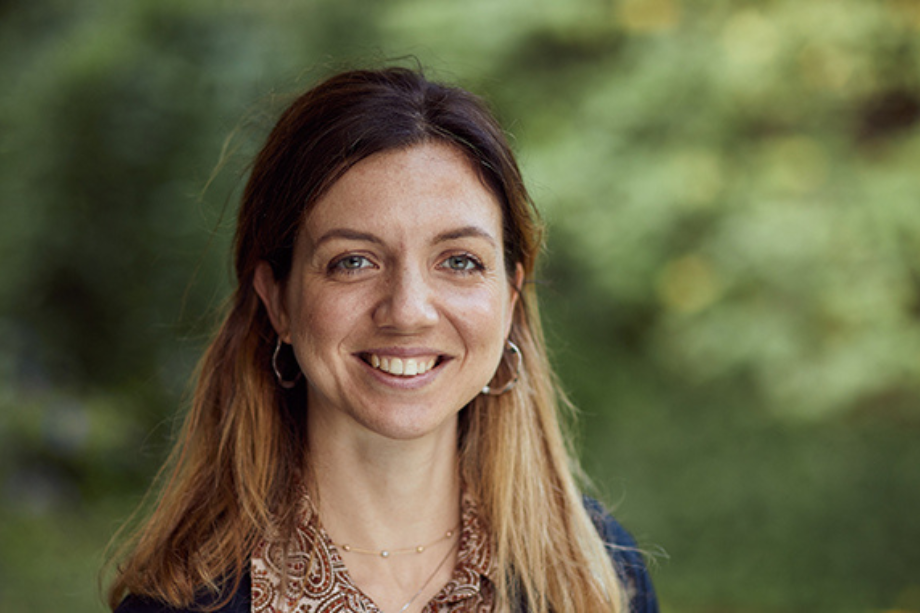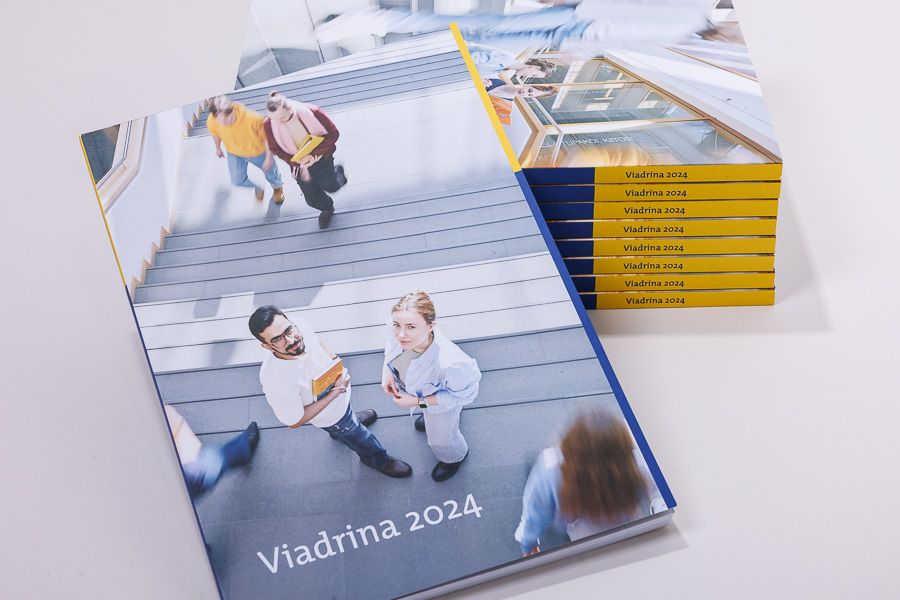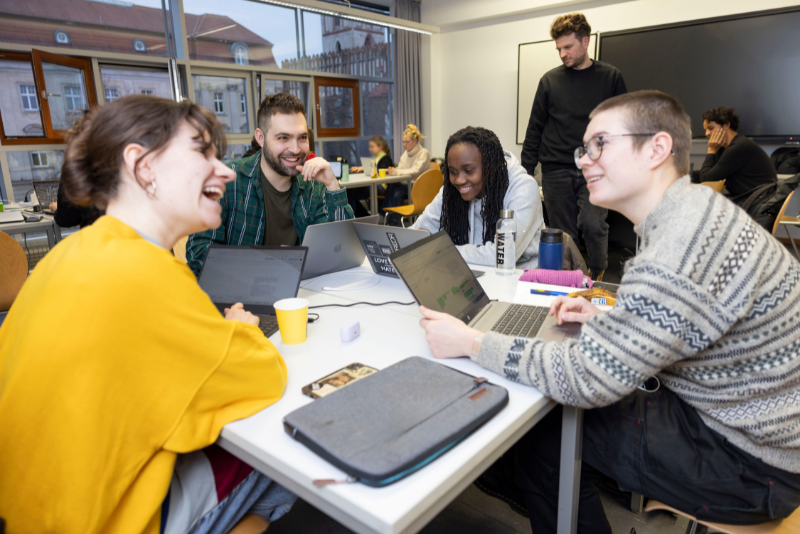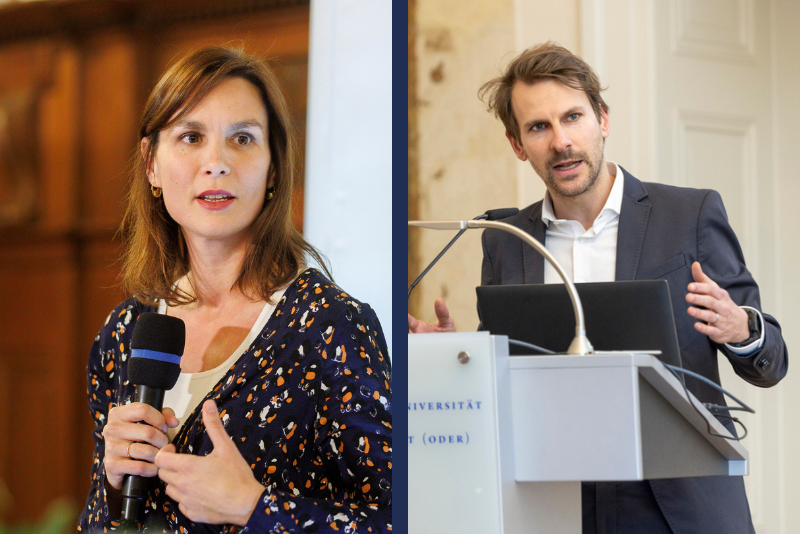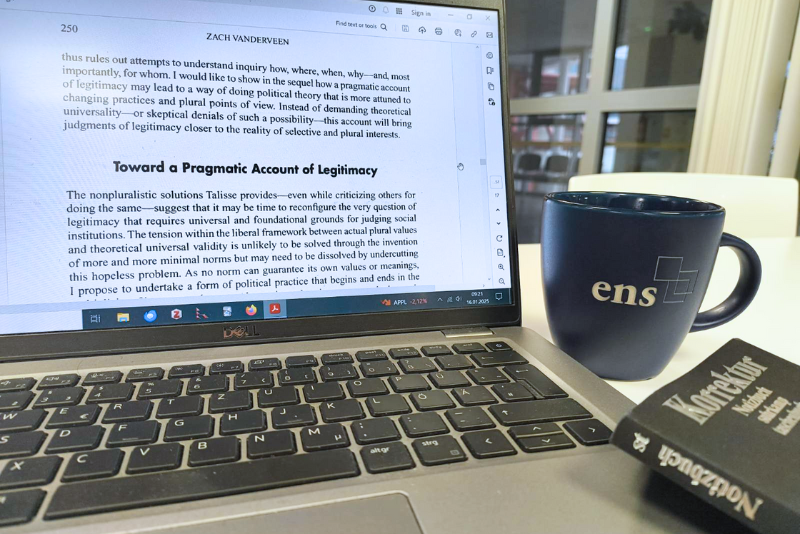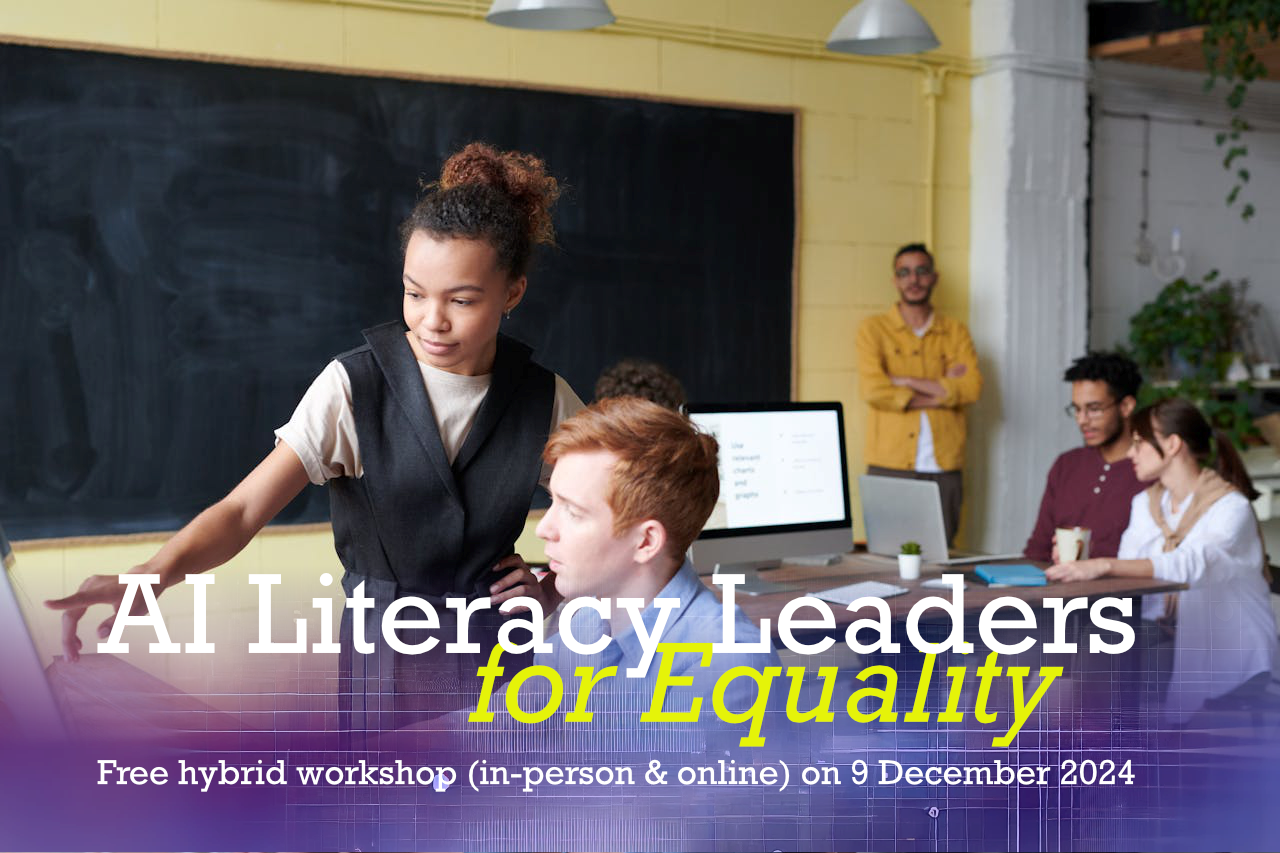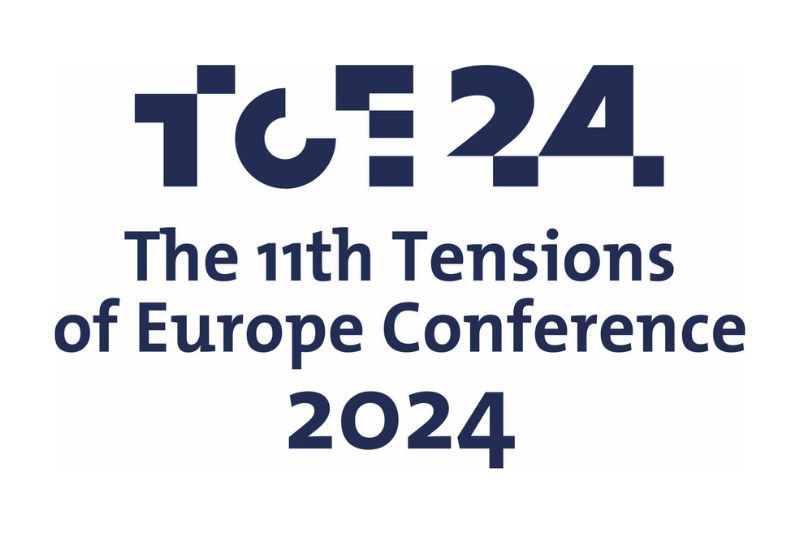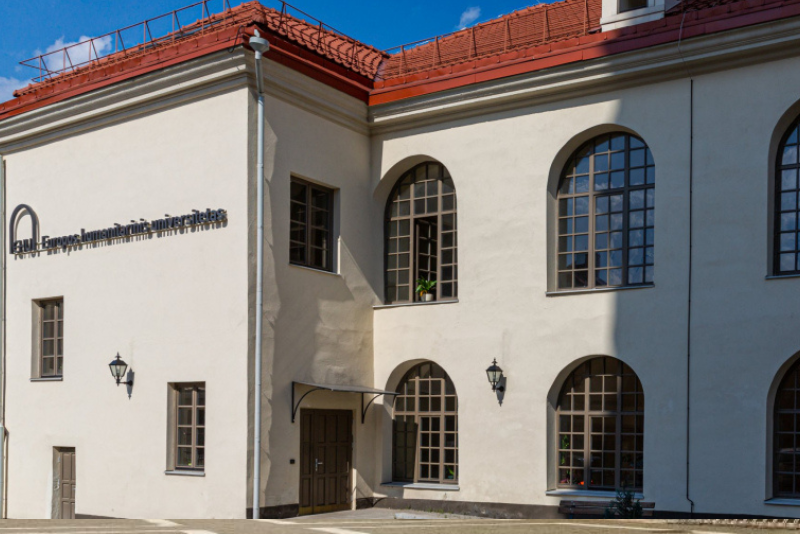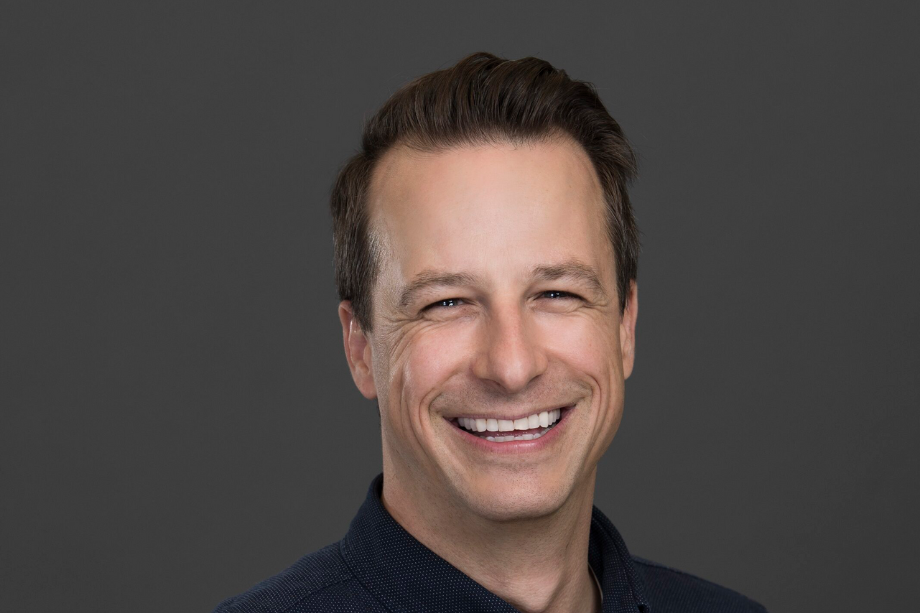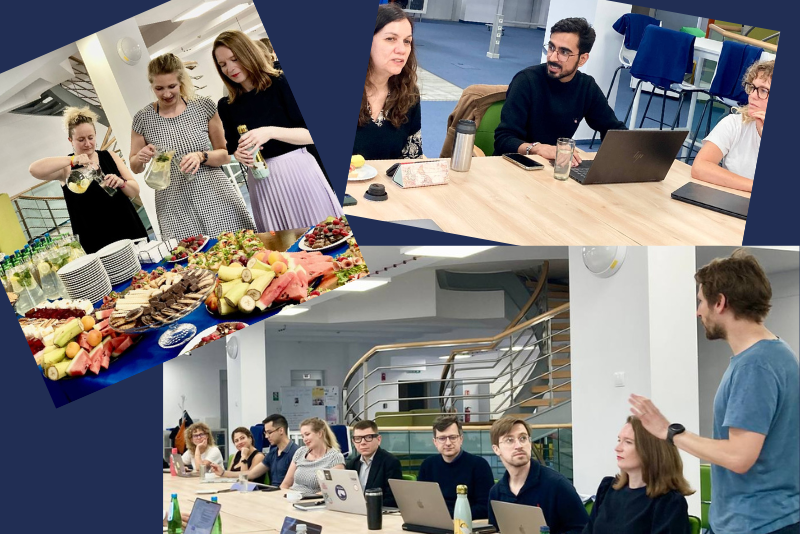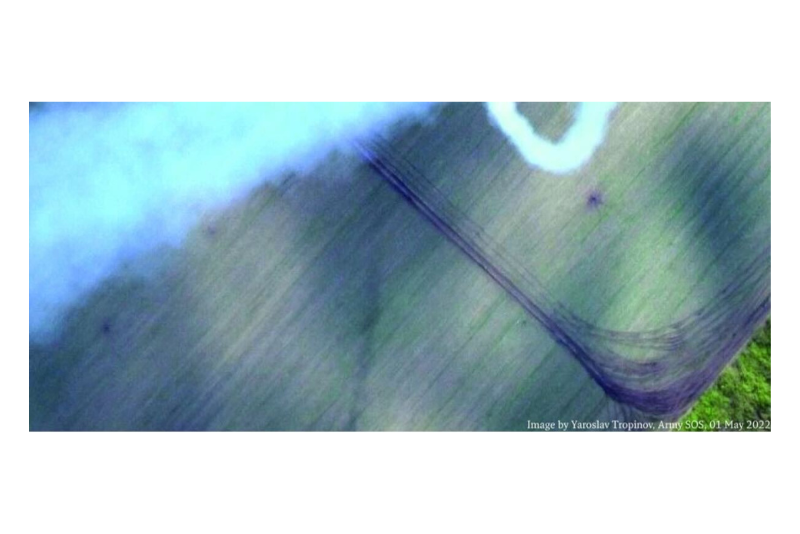
Book Launch “Images and Objects of Russia's War against Ukraine”
On 10 November 2025 at 6 PM, the Pilecki Institute in Berlin (Pariser Platz 4a) will host the launch of the co-edited volume Images and Objects of Russia's War against Ukraine, edited by Natasha Klimenko (Doctoral Fellow at the Graduate School Global Intellectual History, FU Berlin), Miglė Bareikytė (ENS Professor for Digital Studies), and Viktoria Sereda (Head Coordinator of the Virtual Ukraine Institute for Advanced Study (VUIAS) at the Wissenschaftskolleg zu Berlin, Professor of Sociology at the Kyiv School of Economics).
In addition to the presentation and discussion of the book, the event will feature the screening of an experimental film essay produced by Miglė Bareikytė and Natasha Klimenko, developed in the context of the edited volume.
About the publication
Russia’s full-scale invasion of Ukraine in February 2022 has destroyed lives, communities, and cities. From the start, images of this war spread across various media platforms. Paintings, photographs, drone footage, TikToks, and Instagram posts shaped how the war is experienced, represented, and archived. In this multidisciplinary volume, artists, scholars, and writers explore how art, media, infrastructures, and material culture respond to and contest the Russo-Ukrainian War.
Published by Transcript Verlag, the volume is available open access and may be downloaded here.
To participate in the launch event, please


